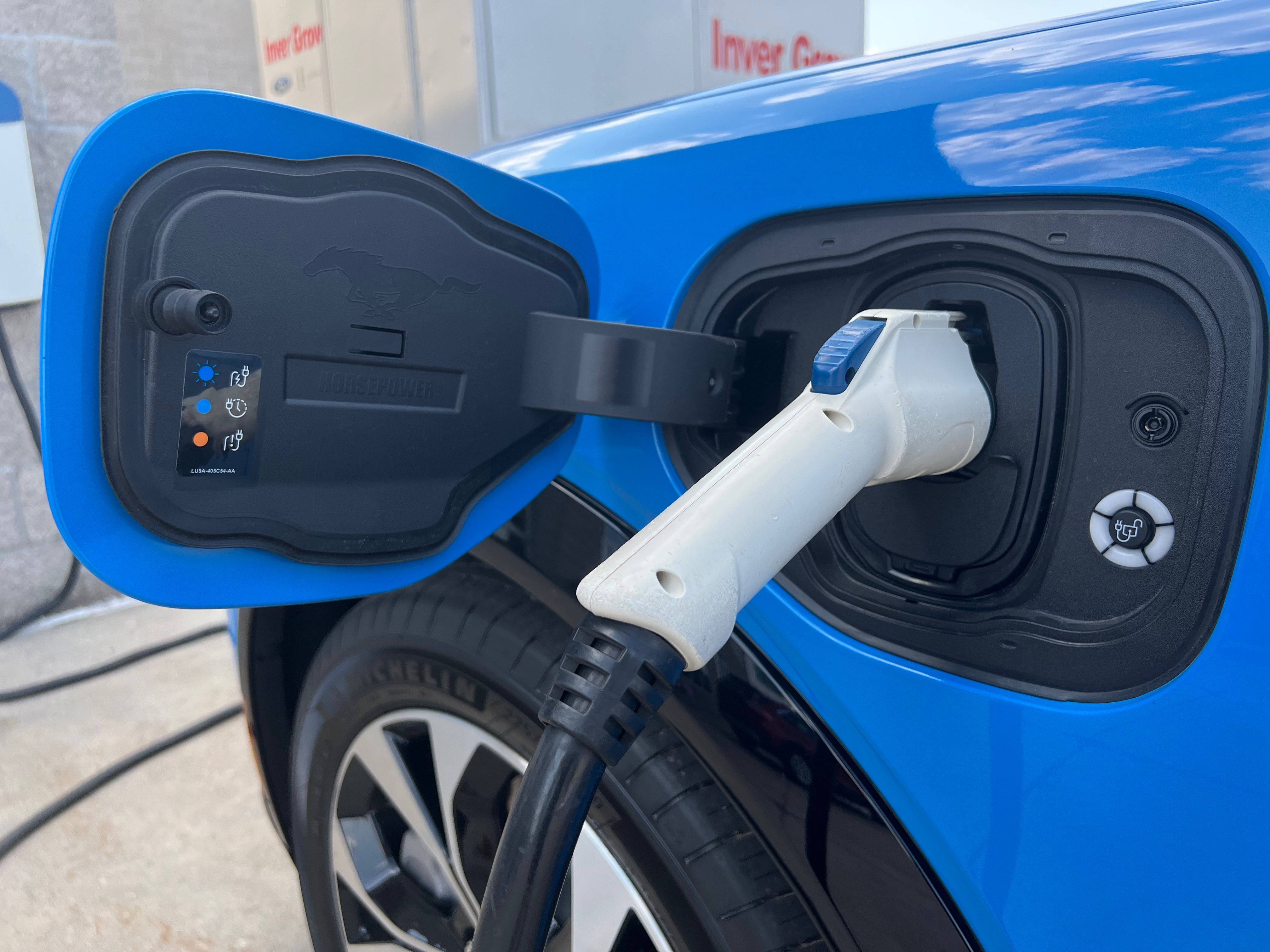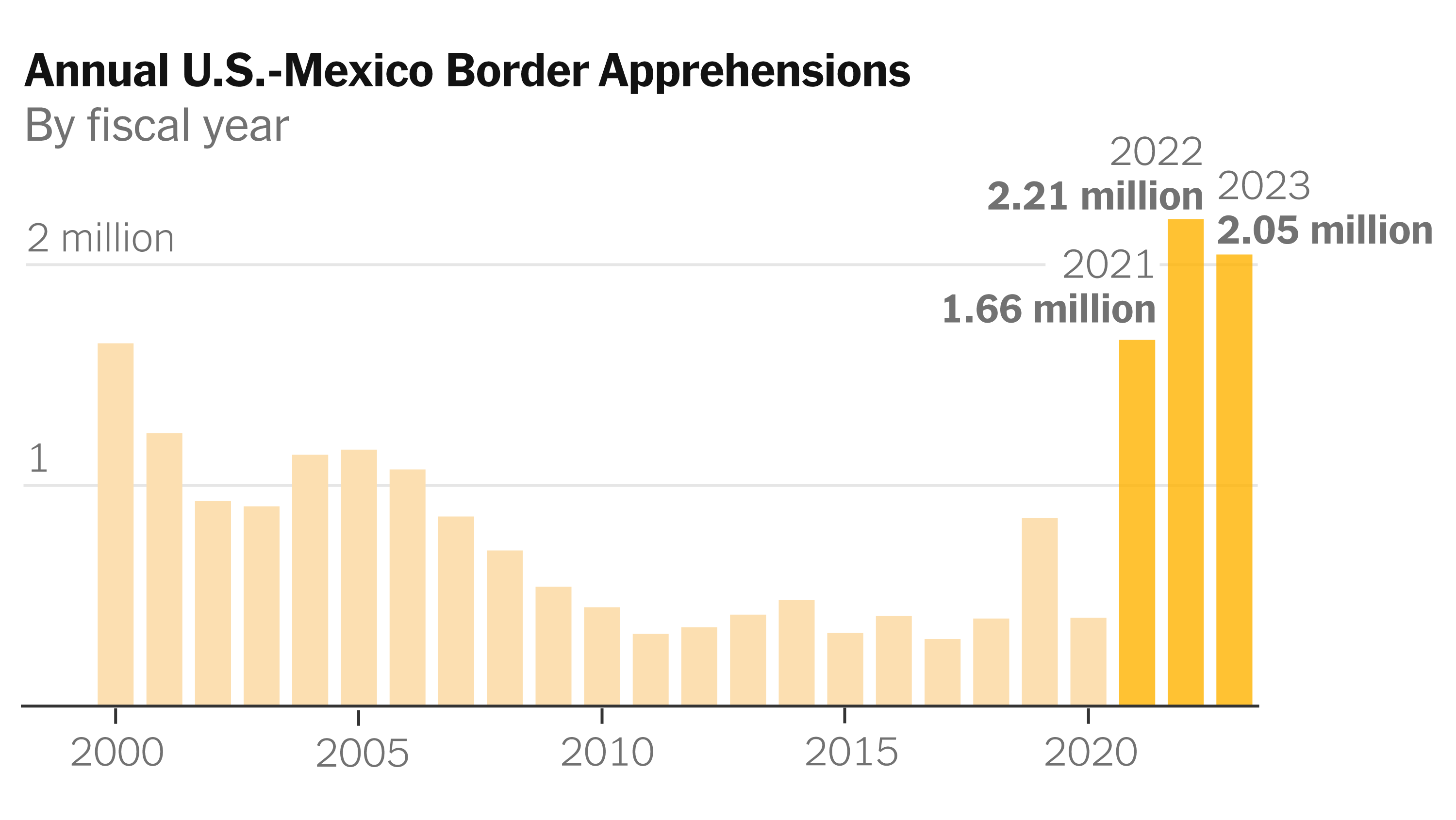EV Mandates Face Renewed Opposition From Car Dealers

Table of Contents
Financial Concerns at the Heart of Dealer Opposition
Dealerships cite substantial financial hurdles as the primary reason for their opposition to stringent EV mandates. These concerns revolve around significant upfront investments, uncertainties surrounding profitability, and the disruption of existing sales infrastructures.
High Upfront Investment Costs
Adapting to the EV market requires considerable financial outlay for dealerships. This includes:
- Specialized Technician Training: EVs require specialized knowledge for repair and maintenance, necessitating costly training programs for existing technicians. This involves learning about high-voltage systems, battery technology, and specialized diagnostic tools.
- Charging Station Installation and Grid Upgrades: Installing Level 2 and DC fast charging stations requires significant investment, often involving costly grid upgrades to handle the increased electricity demand. The cost varies widely depending on location and infrastructure needs.
- High EV Inventory Costs: Electric vehicles often carry higher initial purchase prices compared to gasoline-powered counterparts, tying up substantial capital in inventory. This is especially challenging given the current uncertainties in EV demand.
Uncertainty Surrounding EV Profit Margins
Dealers are also concerned about the potential for lower profit margins on EVs compared to traditional vehicles. This is further exacerbated by the significant infrastructure investments required.
- Lower-Than-Projected Sales: Current EV sales in many markets are lagging behind initial projections, impacting the profitability of dealerships that have already invested heavily in EV infrastructure.
- Government Incentive Uncertainty: Fluctuations in government incentives and subsidies for EVs create uncertainty, making it difficult for dealers to accurately project long-term profitability. The shifting landscape of incentives creates risk and hampers investment decisions.
Impact on Existing Sales Infrastructure
The shift to EVs necessitates changes to established sales strategies, marketing, and customer service. This requires:
- Revised Sales Processes: Dealers need to adapt their sales processes to address customer concerns about charging infrastructure, range anxiety, and home charging solutions.
- New Marketing Strategies: Marketing efforts must focus on highlighting the benefits of EVs, including lower running costs and environmental friendliness, and addressing common consumer misconceptions.
- Customer Service Adaptations: Customer service training must incorporate EV-specific knowledge, such as battery care, charging practices, and troubleshooting common EV issues.
Challenges in Adapting Sales and Service Models
Beyond financial concerns, dealerships face significant challenges in adapting their sales and service models to the unique demands of the EV market.
Shifting Customer Needs and Expectations
The EV market introduces new customer expectations and necessitates changes in how dealerships cater to them.
- Charging Infrastructure Concerns: Customers are concerned about access to reliable charging infrastructure, particularly for long-distance travel. Dealers need to provide information and solutions, potentially partnering with energy providers.
- Range Anxiety: Addressing consumer anxieties about limited EV range requires providing accurate range estimations, information on charging networks, and potentially offering extended warranties or service packages.
Lack of Standardized Training and Support
The current lack of standardized training and support programs for EV sales and servicing poses a significant hurdle.
- Inconsistent Training Quality: The absence of nationally recognized training standards results in inconsistent training quality across dealerships, hampering effective EV sales and service.
- Limited Technical Expertise: Dealers often lack the specialized technical expertise necessary for complex EV repairs and maintenance, leading to potential delays and increased service costs.
Inventory Management Challenges
Balancing EV and gasoline vehicle inventory presents a logistical challenge for many dealerships with limited space.
- Demand Forecasting Difficulties: Accurately predicting future EV demand is challenging, making it difficult for dealers to optimize their inventory levels.
- Space Constraints: Many dealerships lack the space to adequately stock both EVs and gasoline vehicles, requiring careful planning and potentially investments in additional storage.
Alternative Solutions and Policy Recommendations
Addressing dealer concerns requires a multifaceted approach that involves gradual implementation, infrastructure development, and enhanced training programs.
Phased Implementation of EV Mandates
A gradual increase in EV sales targets would allow dealerships more time to adapt to the changing market conditions.
- Incentivized Early Adoption: Government grants and subsidies can encourage early adoption of EV technologies and infrastructure upgrades.
- Public-Private Partnerships: Collaboration between manufacturers, dealerships, and government agencies is crucial to streamline the transition process.
Focus on Supporting Infrastructure Development
Investing in comprehensive charging infrastructure is paramount for building consumer confidence in EVs.
- Nationwide Charging Network Expansion: Public-private partnerships can accelerate the development of a nationwide network of public charging stations.
- Incentivizing Charging Station Investment: Government incentives and tax breaks can attract private investment in charging station development and deployment.
Enhanced Training Programs for Dealers
Standardized training programs are crucial for equipping dealers with the necessary expertise to handle EV sales and servicing effectively.
- Government-Funded Training Initiatives: Government funding for comprehensive EV training programs can address the current skills gap in the industry.
- Industry Collaboration on Training: Manufacturers and training institutions should collaborate to develop and deliver high-quality, standardized training programs.
Conclusion
The opposition to EV mandates from car dealers highlights the complexities of transitioning to sustainable transportation. Addressing financial concerns, adapting sales models, and investing in infrastructure are critical for a successful transition. A collaborative approach involving policymakers, manufacturers, and dealerships is essential to balance environmental goals with economic realities. The success of EV mandates hinges on creating a supportive environment that alleviates dealer concerns and fosters the widespread adoption of electric vehicles. Addressing the challenges surrounding EV mandates is paramount for a smooth and effective transition to a cleaner transportation future. Let's work collaboratively to find sustainable solutions and overcome obstacles, ensuring the success of electric vehicle mandates.

Featured Posts
-
 John Travolta Honors Late Son Jett On His Birthday With A Shared Photo
Apr 24, 2025
John Travolta Honors Late Son Jett On His Birthday With A Shared Photo
Apr 24, 2025 -
 Drop In Illegal Border Crossings Between U S And Canada White House Data
Apr 24, 2025
Drop In Illegal Border Crossings Between U S And Canada White House Data
Apr 24, 2025 -
 65 Hudsons Bay Leases Attract Significant Buyer Interest
Apr 24, 2025
65 Hudsons Bay Leases Attract Significant Buyer Interest
Apr 24, 2025 -
 Selling Sunset Star Condemns Landlord Price Gouging Amidst La Fires
Apr 24, 2025
Selling Sunset Star Condemns Landlord Price Gouging Amidst La Fires
Apr 24, 2025 -
 Pope Francis Legacy A More Global Yet Divided Church
Apr 24, 2025
Pope Francis Legacy A More Global Yet Divided Church
Apr 24, 2025
